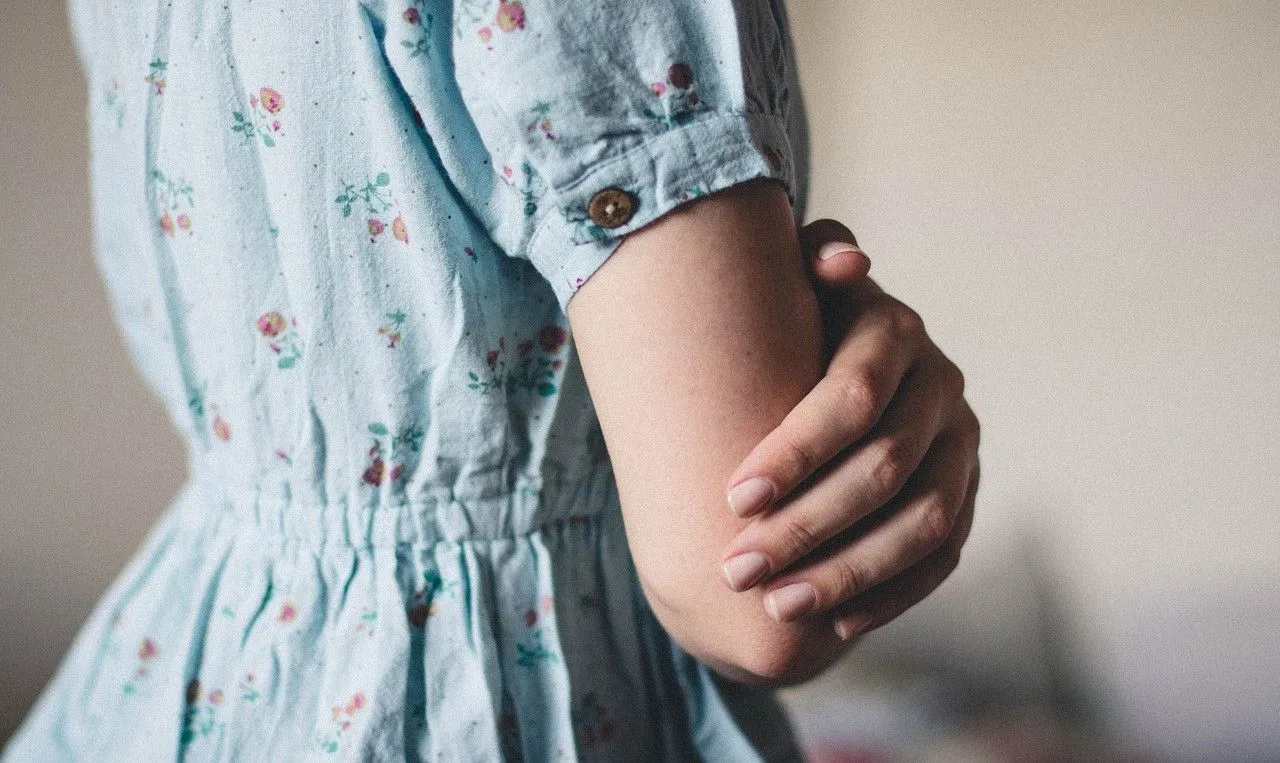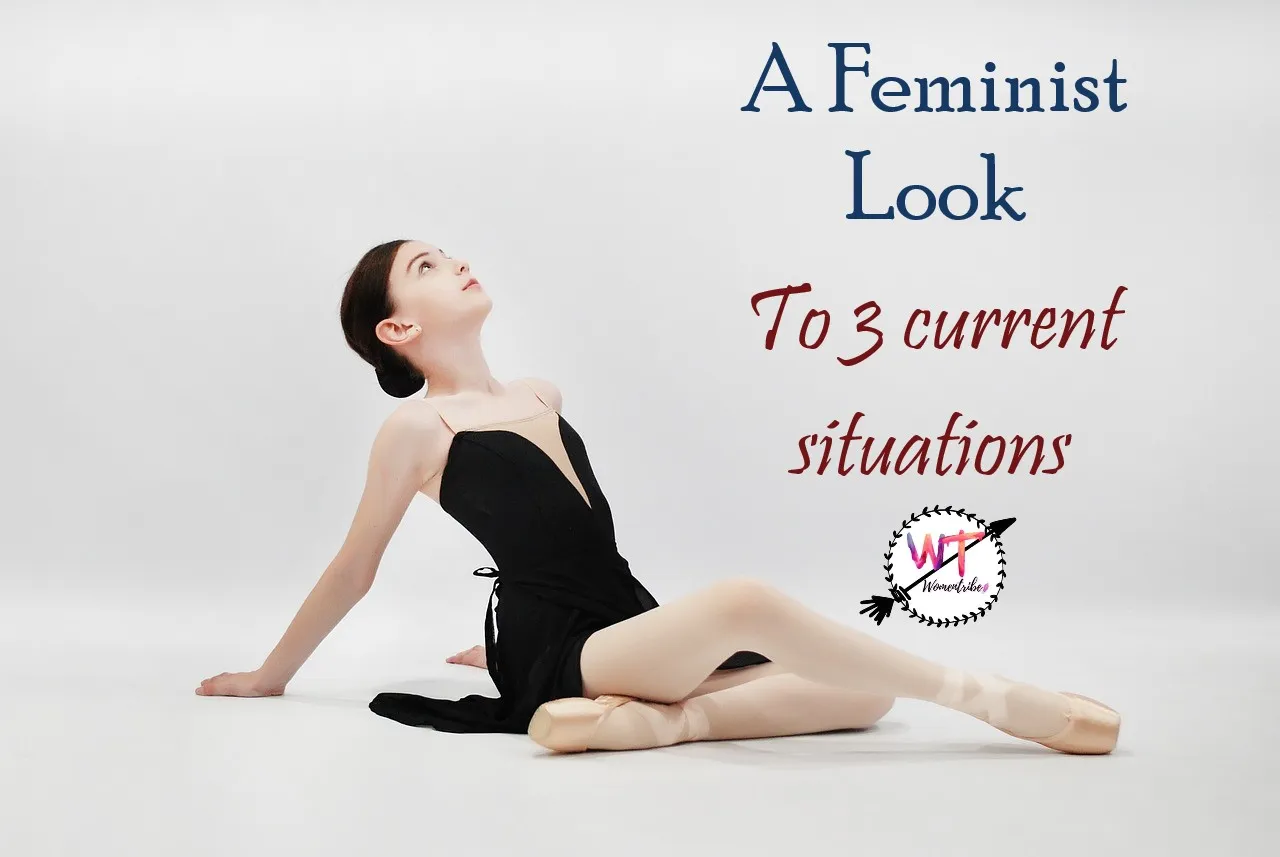

Qué difícil es tener una mirada feminista sobre el sufrimiento, la depresión, las enfermedades mentales, y más, sobre un tema tan duro como es el suicidio.
Sin embargo, existen perspectivas que nos pueden ayudar a comprender por qué la mujer padece en mayor estadística de enfermedades mentales.
Por ejemplo, María Asunción González de Chávez Fernández, una profesora, investigadora, escritora y experta en género y salud del gobierno de Canarias, España; dijo en Las Jornadas sobre mujeres, sufrimiento psíquico -2022-, que el cuerpo sustituye a la palabra no dicha, a la queja no expresada; que el cuerpo se convierte en altavoz de sufrimientos.
Por eso, es importante que tratemos estos temas por aquí, porque la mujer debe dejar que su fortaleza le permita salir de los peligros y de los factores modernos que pueden tocar su salud mental, restándole la posibilidad de disfrutar cada segundo y cada hora de la vida.


Una oda al sufrimiento de la mujer
Recientemente René Pérez Joglar, un conocido artista que se hace llamar Residente, cantante, compositor, productor discográfico y activista puertorriqueño, ha lanzado la canción 313 como un homenaje a una gran amiga violinista llamada Valentina que se suicidó lanzándose de un precipicio.
Una canción que contiene acciones simples y sencillas para disfrutar cada momento y cada pequeño detalle que nos ayudan a sentirnos bien, como parte de la lucha por la Salud Mental, específicamente de la mujer.
Un video lleno de arte, de letras que llegan al alma y que nos ayudan a sentarnos en la realidad, cuidar el ego y a entender que la vida es corta, que dejamos de ver lo bueno por darle chance al sufrimiento.
Importantes feministas han dicho que el cuerpo puede sustituir a la palabra no dicha, a la queja que no se expresa en cuanto a la mujer, porque ella es un género que sufre cambios y transformaciones constantes, con dolores, incluyendo los que se generan al traer un ser humano al mundo.
La prevención y la atención a la salud integral de la mujer debe ser una meta a alcanzar, y su salud mental, un objetivo primordial moderno.
Porque ella cuida la humanidad.
Por eso, visualizamos tres problemáticas importantes para que las razonemos y las estudiemos:

La violencia en la pareja
De acuerdo con la OMS, esta problemática gira en alrededor de una de cada tres mujeres; desde violencia sexual hasta violencia en el trato.
Generando situaciones de estrés postraumático, depresión, baja autoestima, trastornos de la alimentación y abuso de sustancias ilícitas o de habituación.
Algo de lo que poco se habla a nivel familiar y a nivel comunitario, siendo un tema que nosotros podemos tratar en nuestro entorno, como una manera de prevenir consecuencias.
El ciberacoso
Nadie ha estado exento de los comentarios oscuros y negativos que producen bullying en las redes.
Diariamente, vemos ejemplos de crímenes de odio, de intimidación, de victimización, sobre todo en adolescentes jóvenes; y todos sabemos que existen casos, muchos casos, de ideación suicida producto de estos terribles comentarios.
De allí que nos hemos dedicado últimamente en nuestras comunidades a hablar de las redes sociales y del daño que estas pueden ocasionar.
Hoy en día, cientos de mujeres son acosadas emocional y hasta físicamente mediante las redes sociales.
La terrible depresión
A pesar de todo lo que hemos escrito sobre la depresión como enfermedad, y en relación con la mujer, esta sigue siendo uno de los factores más dañinos para la salud mental de todos, pero aún más en la mujer.
La depresión en ellas se relaciona con la perimenopausia y la menopausia, con los problemas de adaptación a la pareja, al matrimonio, a los cambios de país o migración, e incluso, al trabajo.
Y está íntimamente relacionada con el embarazo, algo tan necesario a la raza humana.
De hecho, una de cada 10 mujeres desarrolla depresión durante el embarazo, según los estudios, lo que nos hace estar alerta ante estos eventos cíclicos que vive la mujer en su normal evolución.

Importante y necesario tratar estos temas
Durante todo el año tratamos temas sobre el cáncer en la mujer, sobre las reivindicaciones de género y a nivel laboral, pero sigue siendo la salud mental un tabú.
La mujer tiene mayor propensión a padecer de estos trastornos psíquicos, aunque también, es la que más ayuda pide.
Más, es de acotar que en la mujer la depresión tiene doble significancia, porque no solo se relaciona con el género, sino que, debido a que a ella se le permite mostrar tristeza y angustia, es un hecho más notorio.
Aun así, tiene mayor posibilidad de llegar, incluso, al suicidio.
Necesitamos planes de prevención contra enfermedades mentales en la mujer.
Necesitamos hablar del tema, generar comprensión, utilizar el arte -como lo hace Residente en su video y en su música- y sacudir la reflexión general.
Y nunca olvidar tópicos como la historia familiar, la estructura familiar, el subempleo o desempleo, el acoso, las dificultades económicas y la pobreza, que la mujer puede vivir o padecer.



A Feminist Look at 3 Women’s Current Issues -Fighting for Comprehensive Health-


How difficult it is to have a feminist look at suffering, depression, mental illness, and more, on such a tough subject as suicide.
However, there are perspectives that can help us understand why women suffer from more mental illness statistics.
For example, María Asunción González de Chávez Fernández, a professor, researcher, writer and expert in gender and health of the government of the Canary Islands, Spain; said in The Conference on women, psychic suffering -2022-, that the body replaces the unspoken word, to the unspoken complaint; that the body becomes a speaker of sufferings.
Therefore, it is important that we address these issues here, because women must let their strength allow them to get out of the dangers and modern factors that can touch their mental health, taking away the possibility of enjoying every second and every hour of life.


An ode to the suffering of women
Recently René Pérez Joglar, a well-known artist called Residente, singer, songwriter, record producer and Puerto Rican activist, has released song 313 as a tribute to a great violinist friend named Valentina who committed suicide by throwing herself off a cliff.
A song that contains simple and simple actions to enjoy every moment and every little detail that help us feel good, as part of the fight for Mental Health, specifically women.
A video full of art, letters that reach the soul and help us to sit in reality, take care of the ego and understand that life is short, that we stop seeing the good by giving chance to suffering.
Important feminists have said that the body can replace the unspoken word, the complaint that is not expressed regarding women, because she is a gender that suffers constant changes and transformations, with pains, including those generated by bringing a human being into the world.
Prevention and care for the integral health of women must be a goal to be achieved, and their mental health, a modern primary objective.
Because she cares for humanity.
Therefore, we visualize three important problems for us to reason and study:

Domestic violence
According to the WHO, this problem revolves around one in three women; from sexual violence to violence in treatment.
Generating situations of post-traumatic stress, depression, low self-esteem, eating disorders and substance abuse or habituation.
Something about which little is spoken at the family level and at the community level, being an issue that we can treat in our environment, as a way to prevent consequences.
Cyberbullying
No one has been exempt from dark and negative comments that produce bullying on networks.
Every day, we see examples of hate crimes, of intimidation, of victimization, especially in young adolescents; and we all know that there are cases, many cases, of suicidal ideation resulting from these terrible comments.
That is why we have recently dedicated ourselves in our communities to talking about social networks and the damage they can cause.
Today, hundreds of women are emotionally and even physically harassed through social media.
The terrible depression
Despite all that we have written about depression as a disease, and in relation to women, it is still one of the most damaging factors for the mental health of all, but even more so for women.
Depression in them is related to perimenopause and menopause, problems of adaptation to partner, marriage, changes of country or migration, and even to work.
And it is intimately related to pregnancy, something so necessary to the human race.
In fact, one in 10 women develop depression during pregnancy, according to studies, which makes us be alert to these cyclical events that women live in their normal evolution.

Important and necessary to address these issues
Throughout the year we discussed issues about cancer in women, about gender claims and at work, but mental health remains a taboo.
The woman is more likely to suffer from these psychic disorders, although she is also the one who asks for more help.
Moreover, it should be noted that in women depression has double significance, because it is not only related to gender, but because it is allowed to show sadness and anguish, it is a more notorious fact.
Still, he has a better chance of even committing suicide.
We need plans to prevent mental illness in women.
We need to talk about the subject, generate understanding, use art -as Residente does in his video and in his music- and shake the general reflection.
And never forget topics such as family history, family structure, underemployment or unemployment, harassment, economic difficulties and poverty, which women can live or suffer.


Emilio Ríos – Venezuela
@emiliorios


- Barras separadoras y logo de English, editadas en Paint, de:
Separator bars and English logo edited in Paint, from:
Pixabay-Bessi
Cintillo personalizado de @emiliorios con el logo de #Hive, realizado por la excelente creadora @mosa71
Custom @emiliorios headband with the #Hive logo, made by the excellent creator @mosa71Logo de Twitter tomado de la plataforma de la red social.
Twitter logo taken from the social network platform.Imagen de agradecimiento, tomando el logo de nuestra comunidad y editada en Paint, de:
Thank you image, taking our community logo and edited in Paint, by:
Pixabay-NoName_13
- Si lo deseas, puedes seguirnos en:
If you wish, you can follow us at:




